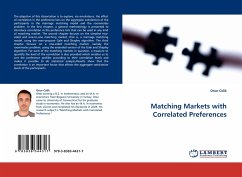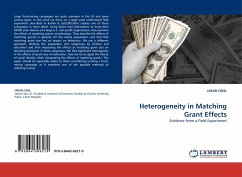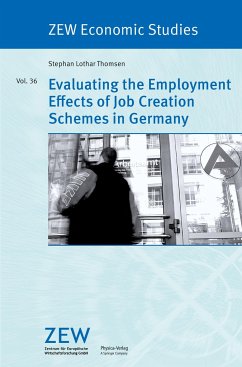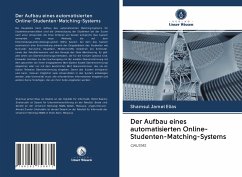
Matching Models of Equilibrium Unemployment
An Overview
Versandkostenfrei!
Versandfertig in 6-10 Tagen
32,99 €
inkl. MwSt.

PAYBACK Punkte
16 °P sammeln!
This book aims to provide an overview of the labour market's benchmark macroeconomic models. The matching models of equilibrium unemployment are, in fact, the primary and most popular theoretical tools used by economists to evaluate various labour market policies and to study one of the key macroeconomic variables: the unemployment rate. It has been recognised that unemployment has also a structural nature which persists over the business cycle. The matching models, i.e. the models à la Mortensen-Pissarides, explain the co-existence in equilibrium of unemployment and vacancies through frictio...
This book aims to provide an overview of the labour market's benchmark macroeconomic models. The matching models of equilibrium unemployment are, in fact, the primary and most popular theoretical tools used by economists to evaluate various labour market policies and to study one of the key macroeconomic variables: the unemployment rate. It has been recognised that unemployment has also a structural nature which persists over the business cycle. The matching models, i.e. the models à la Mortensen-Pissarides, explain the co-existence in equilibrium of unemployment and vacancies through frictions in matching workers and firms. Furthermore, these models generate predictions that have the right direction: unemployment goes up in recession and down in boom, while job vacancies shift in the opposite direction. The central role of these models in imperfect labour markets has recently been confirmed by the 2010 Nobel Prize for economy awarded to the founders of this approach: Peter Diamond, Dale Mortensen and Christopher Pissarides.












